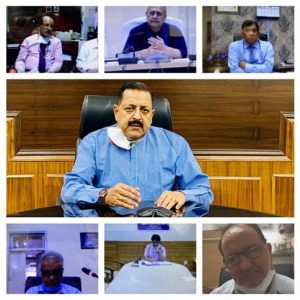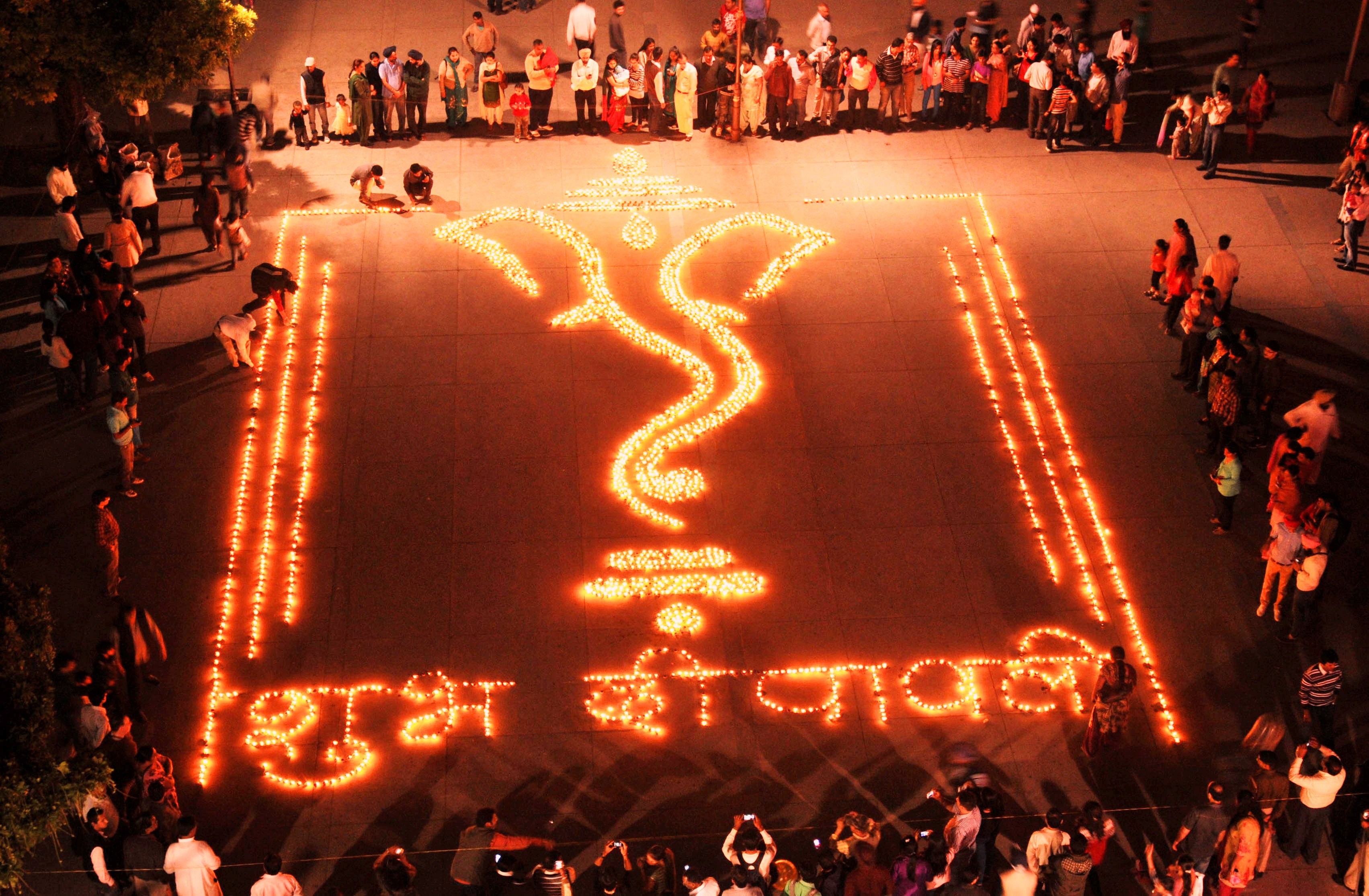Dr Jitendra Singh speaks to a Virtual Conference of Heads of National Medical Teaching Institutes

INN/New Delhi, @infodeaofficial
Union Minister Dr. Jitendra Singh said here today that there is going to be a renewed focus on the study and management of infectious diseases in the post-COVID era and the medical curriculum will also have to adapt itself accordingly.
Dr. Jitendra Singh was addressing a Virtual Conference with the Heads and representatives of National Medical Teaching Institutes, including the All India Institute of Medical Sciences (AIIMS) New Delhi, PGI Chandigarh, Regional Institute of Medical Sciences (RIMS) Manipur, North Eastern Indira Gandhi Regional Institute of Health and Medical Sciences (NEIGRIHMS) Shillong and Sher-e-Kashmir Institute of Medical Sciences, Srinagar. Those who made their presentations included Dr. Jagat Ram from PGI Chandigarh, Dr. Shakti Gupta from AIIMS, Dr. P. Bhattacharya from NEIGRIHMS, Dr. A.Shanta Singh from RIMS, Dr. A.G.Ahangar from SKIMS and Dr. Nasib Chand Digra from GMC Jammu.
Dr. Jitendra Singh said that in the clinical training before independence and in the immediate post-independence era, infectious diseases comprised the core of medical education in India. So much so, that medico from several western countries was deputed to India to do their Internship in tropical diseases, because these diseases were hardly prevalent there.
Many of the western researchers came to India to do their research on diseases like tuberculosis, leprosy and sexually transmitted disease, he recalled.

However, in the last three decades, Dr. Jitendra Singh said, the disease spectrum in India shifted to non-communicable diseases and hence the medical teaching got focussed more on metabolic and vascular disorders like Diabetes Mellitus, coronary heart diseases, etc, while the infectious diseases took a back seat with the advent of superior antimicrobial drugs.
COVID, however, has suddenly awakened the whole world, particularly the medical fraternity, to realize that the age of infections is far from over, he said.
Dr. Jitendra Singh said Indian medical fraternity has an advantage over their western counterparts because here the practice of medicine was inherently tuned to prescriptions based on hygiene and prevention of cross infections. Therefore, he said, in the wake of COVID also, Indian medical fraternity was quick to reorient itself to the new norms of medical management.
The leading academic Institutions of India, said Dr. Jitendra Singh, owe the responsibility to re-emphasise certain aspects of the medical curriculum because these are the Institutions that actually enjoy the distinction of training the teachers for nearly 400 Medical Colleges spread across the country. We may get over the Coronavirus, but this may not be the last virus to confront, he said.
Institutions like AIIMS, New Delhi and PGI Chandigarh have always taken a lead, said Dr. Jitendra Singh, and hoped that new protocols for the new norms in medical teaching and medical management will also emerge from these Institutes.




